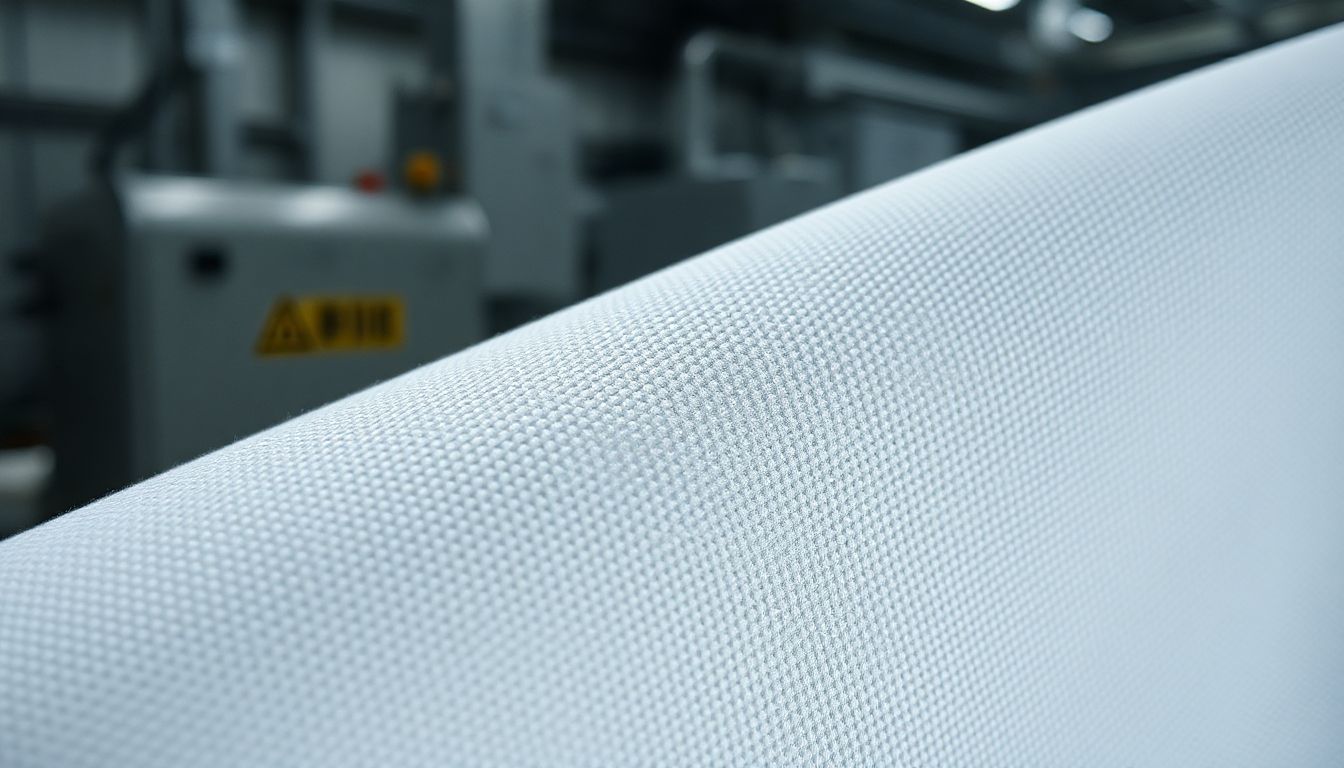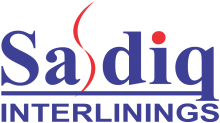Pakistan’s Textile Strength: Unpacking Why Global Brands Choose Pakistani Interlinings

Interlinings form the hidden backbone of every well-made garment. They provide shape, support, and strength without anyone noticing them at first glance. Yet, without solid interlinings, even the finest fabrics can sag or lose form after a few wears. Pakistan stands out as a top supplier in this vital area. Its textile sector turns raw cotton into reliable interlinings that meet the needs of brands worldwide.
Pakistan’s textile industry has grown strong over decades. It employs millions and exports billions each year. This article explores why global brands pick Pakistani interlinings. We will look at the history, tech advances, quality checks, green efforts, and smart pricing that set Pakistan apart.
The Legacy and Scale of Pakistan’s Textile Ecosystem
Deep-Rooted Expertise in Yarn and Fabric Manufacturing
Pakistan controls much of its own cotton growth and processing. Farmers harvest high-grade cotton right in the fields. Mills then spin it into yarns and weave it into fabrics. This full control cuts out middle steps. It keeps costs low and quality steady.
Vertical integration means fewer surprises in the supply chain. Pakistani makers watch every stage, from planting seeds to dyeing threads. This setup helps interlinings resist shrinkage and hold a smooth drape. Brands love that. It means their suits or dresses keep looking sharp wash after wash. For example, a collar stays crisp because the base material holds up well.
You see this edge in everyday products too. Think of a dress shirt that doesn’t wrinkle oddly after dry cleaning. Pakistan’s hands-on approach makes that possible.
Capacity and Scale for Global Demand
Pakistan’s textile mills run at full speed to meet big orders. The country produces over 8 billion square meters of fabric yearly. Exports hit around $15 billion in textiles last year. That includes a large share of interlinings sent to Europe and the US.
Large factories handle massive volumes without delays. One mill might churn out thousands of meters of interlining in a day. This scale suits fast-fashion giants and luxury labels alike. They need steady supplies to keep production lines moving.
Global brands turn to Pakistan because it can ramp up quickly. During peak seasons, like back-to-school rushes, deliveries stay on track. This reliability builds trust over time.
Technological Prowess in Interlining Innovation
Advanced Manufacturing Techniques for High-Performance Interlinings
Pakistan leads in making non-woven and fusible interlinings. Factories use modern machines to create lightweight sheets that bond easily. These interlinings suit thin, delicate outer layers like silk or chiffon.
Old ways involved heavy stitching that added bulk. Now, microdot coatings glue layers with tiny dots. This method keeps things light and flexible. It prevents puckering on fine fabrics. Pakistani tech teams test these bonds for strength.
Picture a winter coat that stays warm yet moves freely. That’s the result of smart fusing tech from Pakistan. Brands get performance without extra weight.
Customization and Technical Specifications Mastery
Tailoring interlinings to fit specific needs sets Pakistan apart. Makers adjust stiffness for suit jackets or add stretch for activewear. They match exact specs, like a certain bend radius for collars.
For designer lines, precision counts most. A silk blouse needs soft support to avoid stiffness. Pakistani suppliers hit that mark every time. They use software to design patterns that fit brand guidelines.
This skill saves time for buyers. No need for trial runs overseas. Just send the specs, and get back ready-to-use interlinings. One brand might order elastic versions for jeans, while another wants rigid ones for blazers.
Quality Benchmarks and International Compliance
Meeting Stringent Global Standards for Apparel Manufacturing
Pakistani interlinings pass tough checks from groups like ISO. Mills earn certifications for quality management and environmental care. Many also clear audits from brands like Nike or H&M.
These stamps speed up the buying process. A supplier with ISO 9001 certification skips long reviews. Buyers focus on orders instead of basic checks. Pakistan’s record here is solid, with over 500 mills certified.
Compliance covers everything from dye safety to fabric strength. It ensures interlinings won’t harm skin or fade quickly.
Durability, Shrinkage Control, and Wash Testing
Tests mimic real life to prove interlinings last. Labs wash samples 50 times and check for changes. Shrinkage stays under 3%, which meets US and EU rules.
Durability means less returns for brands. A vest with strong interlining holds shape through seasons. Pakistani methods use stable resins that resist heat and water.
Why does this matter? It cuts costs over time. Garments last longer, so customers stay happy. One study showed proper interlinings reduce complaints by 20%. That’s real savings for global labels.
Sustainability and Ethical Sourcing in Interlining Production
The Shift Towards Green Interlining Solutions
Pakistan’s mills now use recycled materials more often. Some interlinings blend polyester from old bottles with cotton. This cuts waste and lowers carbon footprints.
Organic cotton bases appear in non-fusible types too. They avoid harsh chemicals in farming. The industry pushes for circular practices, like reusing scraps.
Buyers seek these options to meet their green goals. Pakistani suppliers respond fast, offering eco-lines at fair prices.
Ethical Manufacturing Practices (Social Compliance)
Fair labor rules guide Pakistan’s textile work. Factories follow standards from SA8000 for worker rights. Safe conditions and fair pay are standard.
Western stores demand this to avoid scandals. Pakistan’s progress here strengthens its spot as a trusted source. Over 200 mills hold social certifications now.
Workers get training and benefits. This setup boosts quality too. Happy teams make better products.
Economic Advantages and Supply Chain Reliability
Cost-Competitiveness Without Compromising Integrity
Pakistan offers strong value in interlinings. Local cotton and low energy costs keep prices down. Yet, quality matches higher-cost spots like China or Italy.
Think of it as getting premium goods without the premium tag. A meter of fusible interlining might cost 20% less here. But it performs just as well.
This balance draws budget-conscious brands. They get reliability without skimping on standards.
Logistical Strengths and Timely Deliveries
Ports like Karachi handle huge shipments smoothly. Routes to major hubs take just weeks. No major backups disrupt flows.
Reliability shines in tight deadlines. A order for 10,000 meters arrives on time, specs intact. This trust keeps repeat business coming.
Global chains depend on it. Delays cost money, so Pakistan’s track record wins points.
Conclusion: Pakistan’s Indispensable Role in the Future of Garment Construction
Pakistan blends deep roots, smart tech, strict quality, green shifts, and solid value to lead in interlinings. Global brands choose it for the full package that boosts their products.
Looking ahead, Pakistani makers will drive new ideas in apparel. They partner on smart fabrics and sustainable designs.
Sourcing teams should see Pakistani interlinings as key to better garments. It’s an investment in lasting quality, not just parts. Reach out to suppliers today and feel the difference in your next line.
